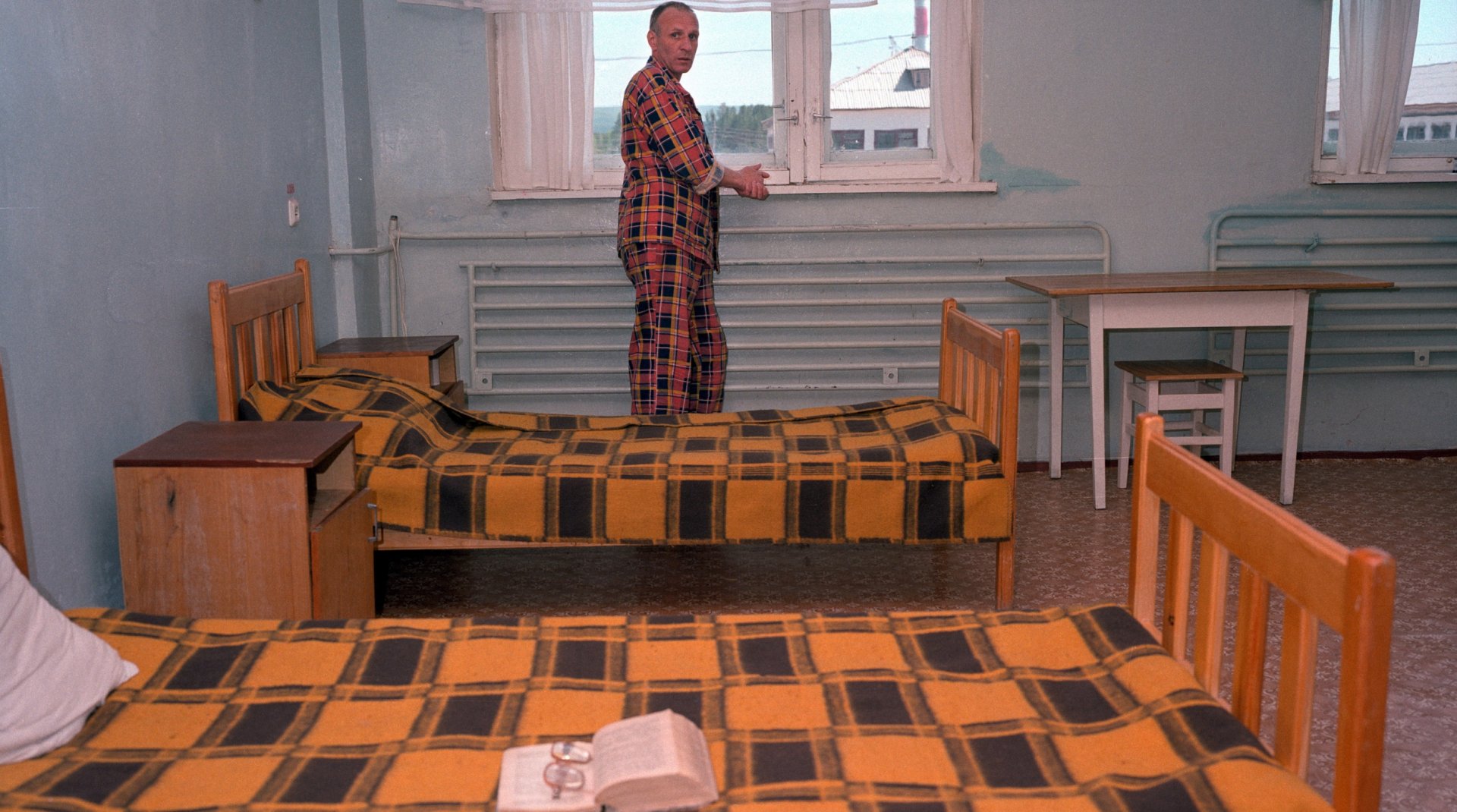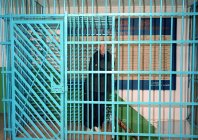
Zona
Karl de Keyser
Magnum Photos
‘Zona’ is Siberian slang for prison. During two years, 2000-2002, Carl de Keyzer documented daily life in 35 of the 135 prison camps in the region of Krasnojarsk. In a territory as big as Europe, prisoners live in a “country” of its own, with specific rules and aesthetics. Headed by one general in charge of all camps, they constitute a free labour force of some 1,000,000 men and women gathered in camps, mostly built in the 1930s , as described by Solzhenitsyn in his novel “The Gulag Archipelago”.
Preview


From the foreword to Carl De Keyzer's Contemporary Gulag Photo-Journal by Steven Rosefielde: “But much has changed since Nikita Khrushchev denounced the "Crimes of Stalin's Past" at the 20th Communist Party Congress in 1956, and Boris Yeltsin toppled dis-utopia*. Perhaps this time we can believe that the 2002 prison population is really 970,000, down from 1.5 million after Putin's millennium May amnesty. Perhaps now we can have confidence that Russian prisoners really are criminals; that they have been justly convicted, that penal labor isn't merely a device for defraying prison costs, but is strategy for penitent redemption. The official data show that 65 percent of today's inmates were convicted of theft, 11.5 percent for drug offenses and other 10 percent for armed attacks or robbery. Few are victims of political persecution. Also, it seems that the correctional regime is less severe, and growing milder as the post-communist system liberalizes.
S. A. Pashin, a jurist, retired federal judge, and now scholar at the Moscow Humanitarian-Social Academy cautions against letting hope triumph over experience. While he doesn't claim that current conditions are as horrendous as they were in Gulag times, he asserts that Russia's judicial system is unjust, inordinately harsh and thoroughly corrupt. Savvy jurists know that they are expected to disregard due process. Pashin quips that only those who don't know what to do, act in accordance with the law.
The injustice dispensed depends on rank. At the higher levels, where all members of the elite are compelled by post-communist circumstances to criminally evade the law, decisions on who slips by unscathed, and who is prosecuted are inherently political. This inequity is reprehensible, but the extent and degree of victimization is relatively mild compared with the plight of ordinary people. Harsh sentences are routinely handed down for minor infractions, and torture is pandemic. Pashin reveals that a mother of four was sentenced to four years imprisonment for stealing twelve heads of cabbage; an old woman got eight years for pulling up part of her neighbor's fence, and a fifteen year-old boy received three and a half years for stealing two hamsters from a pet store, stories all reminiscent of Solzhenitsyn's Gulag Archipelago. The majority of Russia's prisoners, Pashin claims, either have not been found guilty of any crime or are petty offenders who clearly present no danger to society.
This makes contemporary Russian penal life a metaphor for post-communist liberal authoritarianism. People have more personal liberty and leaders espouse western ideals, yet existence remains abnormal. There is a profusion of laws, but no rule of law, only the rule of self-appointed men. Russians have suffered under these conditions for at least 800 years, through times of mild and harsh authoritarianism, developing a highly contexted psycho-culture that is difficult for children of the enlightenment to comprehend. Pashin's contention that everyone is guilty of something in a society based on the rule of men, and at the same time victims of political caprice capture the irony and essence of the predicament. From an idealist perspective, it is in nearly everyone's interest for Russia to embrace democracy, economic liberty, and social justice, but everyone understands that opportunism, panache, deceit, and self-delusion are more practical. .
Carl De Keyzer’s photographic journal of Russia's contemporary prison camps brillantly captures this dissonance; the disjuncture between the pretense of cloning western liberal penal practices, and the deeper commitment to the Kremlin's version of liberal authoritarian lawlessness.....”
*opposite to utopia

